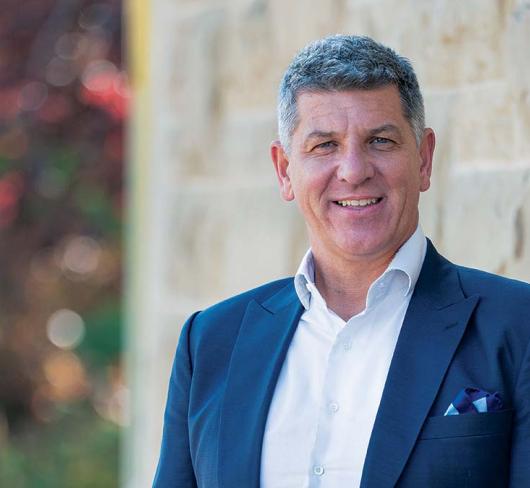
High Noise Levels at Work? A Common Sense Approach
If your voice gets sore from straining to be heard, or your ears are ringing after the day is done, you may be suffering from the effects of high noise levels at work. High levels of noise can affect your health and safety as well as speech-language communication in the classroom.
When you report a concern about high noise levels to your administrator, include the suspected cause (i.e. the sound echoes from walls and tiled floors in the classroom), state its effects (i.e. voice strain, interference with teaching and learning), and request that your concerns be investigated. High noise levels can be included on the Joint Health and Safety Committee’s (JHSC) monthly health and safety inspection report at your school board workplace. Contact your ETFO local for advice and support. Use your school board’s reporting form for work-related injury and illness.
If you believe you are suffering the effects of work-related damage to your voice or hearing, consult with your doctor or nurse practitioner, request a referral to an ear, nose and throat specialist or make an appointment with an audiologist. When you seek medical advice, be sure to identify the workplace factors that may have contributed to your symptoms.
Recognizing noise-induced hearing loss or voice damage early is important for proper treatment and protection from further harm. If you have been diagnosed with hearing loss or voice damage that you believe is related to your work duties, contact your ETFO local or ETFO’s Professional Relations Services (PRS) for further support, including information about filing a WSIB claim.
Some Key Points
- In addition to the risks of hearing loss and voice damage, workplace noise exposure can contribute to tinnitus (ringing in the ears), high blood pressure, increased risk of heart disease, increased stress levels, tiredness, irritability, hormonal changes and, if you are pregnant, possible low birth weight in your baby.
- Noise can interfere with speech-language communication, particularly for students with special education needs and young children. Research indicates that student learning in early years programs and open concept environments is especially vulnerable to the effects of high noise levels.
- Risk factors for workplace noise exposure in the school setting include heavy vocal demands, poor acoustic conditions, crowded work areas, open concept classrooms and activities in music, gym and technical programs.
- Factors affecting noise levels in classrooms can include reverberation (echo) from hard surfaces, ambient (background) noise from heating and ventilation systems, noise transfer from other areas such as classrooms, hallways and stairwells, construction and maintenance activities, exterior noises such as playground, traffic and aircraft and activities within the classroom itself.
- Concerns about high noise levels in music, gym and technical programs are well known. Some educators in these settings may be required to wear hearing protection. Providing hearing protection to staff in these settings is not a substitute for reducing noise exposure by other methods such as engineering controls (i.e. installing acoustical panels) and administrative controls (i.e. rescheduling maintenance). In addition, hearing protection can interfere with communication between educators and students.
- High noise levels may be linked to higher accident rates because noise can interfere with a worker’s ability to hear and understand instructions and warnings. Noise levels can hamper communication during both routine and emergency procedures in school communities.
High levels of noise in our school board workplaces affect the health and safety of students, educators and other school staff and can interfere with teaching and learning outcomes. Speech and language development needs to unfold under the best possible conditions. Voice and hearing damage can last a lifetime. If you have concerns about high levels of noise in your school board workplace, let your administrator know and get support from your ETFO local and ETFO provincial.
Valence Young is a recently-retired executive staff member at ETFO.
